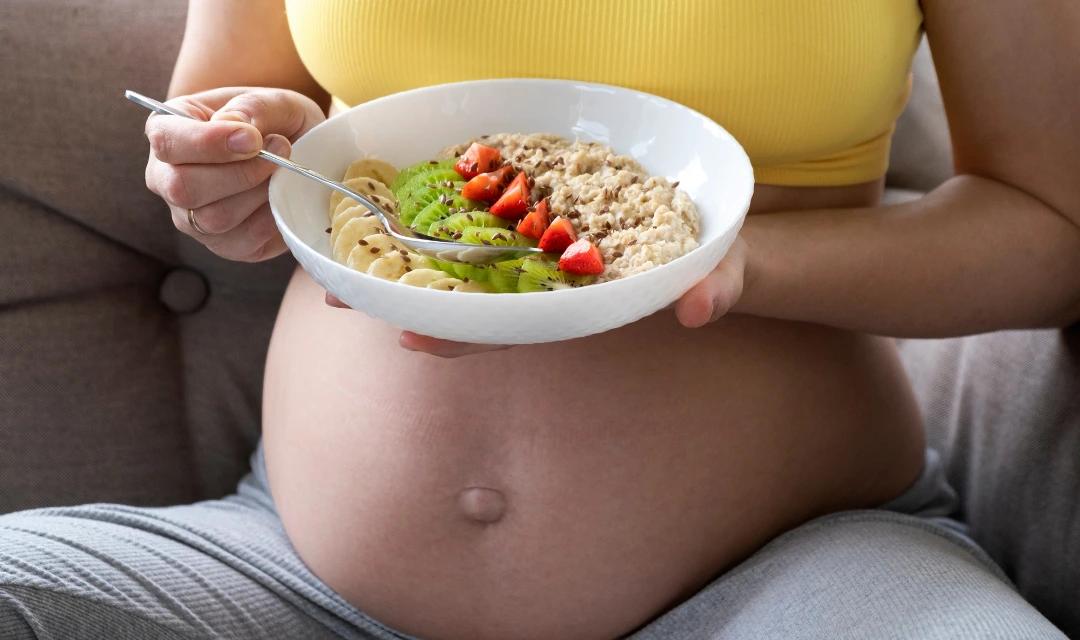How To Eat Healthy From The Very Beginning?


Table of contents
Your pregnancy is confirmed. It’s early, around week 5. You may not see or feel much on the outside, but a lot is already happening inside. During this phase, the fetus is growing fast, organs are forming, and much more. At the same time, your body is making many adjustments. That’s why eating well now truly matters.
Your body needs more nutrients, not more food. Quality matters more than quantity at this stage.
Stick to Simple, Real Foods
You don’t need fancy superfoods or a perfect meal plan. Focus on fresh, whole foods. Add fruits, vegetables, grains, and protein to every day. These are full of nutrients your baby needs to grow.
Include iron-rich foods like beans, spinach, and meat. Iron supports the increase in blood volume that begins early in pregnancy. Add sources of calcium such as yogurt, almonds, or fortified non-dairy milk. Even in these early weeks, calcium helps build your baby’s bones and teeth.
Protein also matters. Eggs, lentils, and chicken are all good options. Protein supports new tissue growth—both yours and your baby’s.
Folic Acid Comes First
Folic acid is one nutrient you can’t miss. If you haven’t started already, take a daily prenatal vitamin with at least 400 micrograms of folic acid. This helps prevent serious brain and spinal cord defects, which begin developing now.
You can also get natural folate from foods like broccoli, leafy greens, oranges, and lentils. But supplements ensure you’re getting enough, even when your appetite is low.
Small Meals Work Best
In week 5, some women already feel a bit of food aversion or queasiness. You may not feel like eating much. That’s normal. But try not to skip meals. An empty stomach can make nausea worse.
Instead, eat smaller amounts more often. Keep snacks on hand. Crackers, fruit slices, boiled eggs, or plain toast can help. Don’t worry about big meals right now. Just focus on steady, gentle nourishment throughout the day.
Drinking fluids is important, too. Sip water or try warm soups and herbal teas to stay hydrated.
Know What to Avoid
Certain foods carry more risk during pregnancy. Now is the time to stop eating undercooked meat, raw seafood, unpasteurized cheeses, and deli meats unless heated until steaming. These can carry bacteria that could harm the baby.
Cut back on caffeine. Limit it to around 200 milligrams a day, which is about one small coffee. Avoid alcohol entirely. It can affect the baby’s development from the very beginning.
Also, be careful with herbal supplements or teas. Some can interfere with pregnancy. Always check with your provider before using anything new. Do not assume that all-natural supplements are safe. Moreover, even natural supplements might contain synthetic additives.
It’s Okay to Start Slow
You don’t need to do everything perfectly. Some days will be harder than others, especially if nausea or fatigue kicks in. If you can only manage toast and bananas, that’s fine. The goal is to nourish your body in small, consistent ways.
Starting now helps you build strong habits. It gives your baby the nutrients needed to grow. And it gives you the strength to carry them through the weeks ahead—one simple meal at a time.